Reviewed by Jeffrey Sanzel
Award-winning filmmaker Joseph Sikorski’s works include Arbor Day (1990), The Return of the King? (1993), Tower of Babble (2001), and Tower to the People: Tesla’s Dream at Wardenclyffe Continues (2015). The subject of the last—Tower to the People—plays an integral part in his newest documentary, Invisible Threads: From Wireless to War. Co-written with Michael Calomino, Invisible Threads takes an intriguing look at the early days of wireless technology and the conflicts between inventors Nikola Tesla and Guglielmo Marconi. Central to the story is a mysterious radio station erected in West Sayville, New York, by the German-based company Telefunken in 1911.
At the outset, local residents had the impression the site was to be a chocolate factory. Changing its name to Atlantic Communications Company, Telefunken built its radio tower with little public knowledge. The Suffolk County News editor Francis Hoag investigated, revealing the organization’s actual purpose. From here, the film follows the rise of wireless communication and the conflicts between Tesla and Marconi. Eventually, World War I becomes central to the narrative.
Marconi focused on developing a method to send Morse code through long-distance wireless communication. In contrast, Tesla had broader aspirations: He wanted to send sound, pictures, power, and electrical lighting by the same means. Thus came the Marconi-Tesla wireless race.

Tesla’s interests lay in the process, and concerned himself less with the applications. Marconi became a brand, with early telegrams being dubbed “Marconigrams.” As wireless technology grew, its impact and uses expanded. In 1912, wireless messages sent from the sinking Titanic saved lives. This alone boosted the value of Marconi’s system. The friction between Marconi and Tesla led to accusations and eventual wrangling over patents and lawsuits that dragged on for years.
But the heart of the story is Telefunken, who shipped the component parts from Germany to Long Island, assembling the tower in near secrecy. The company quickly demonstrated the ability to send a message from Sayville to Germany—four thousand miles—without a relay station in between. Telefunken’s process refinement even surpassed Marconi, leading to the U.S. government expressing concern that a foreign power had this control.
An “instrument of peace, commerce, and goodwill” changed in 1914 with the outbreak of the European war. The fear that Telefunken exploited the station to aid the German war effort proved true. Even with government oversight and surveillance, Telefunken used the system to communicate with Berlin: Telefunken was a major cog in the spy network.
Conspiracies, subterfuge, and disinformation were all part of the complicated situation that even involved the sinking of the R.M.S. Lusitania. The tale is rife with saboteurs, cryptography, and Secret Service involvement, swirling with disinformation, assassinations, and labor unrest. All led to America entering World War I and taking over Telefunken.
The film touches on the growing anti-German propaganda inflaming the American populace, particularly directed towards immigrants. Sikorski states that the majority of German-Americans were pro-American in the rising anti-German atmosphere but were subject to a wide range of persecution.
One of the most fascinating chapters involves the “Nauen Buzz,” a puzzle centered around coded messages accidentally solved by amateur radio enthusiast Charles E. Apgar. Sikorski presents Apgar through actual audio interviews recorded in 1934.
Another intriguing section explores Telsa’s remote-controlled boats outfitted with weapons. After a demonstration, government representatives dismissed its value—losing the earliest example of drone warfare.
Invisible Threads masterfully mixes interviews with historians, authors, scientists, and other experts (and even a descendant) with hundreds of photographs and newspaper clippings. Restored historical images and 3D models for new perspectives were created from existing 2D photos. In addition, Sikorski nimbly weaves archival footage and dramatic recreations. He eschews dialogue with the latter but presents them with voiceovers, ambient sounds, and compelling underscoring. Additionally, the film details architectural challenges and scientific innovations.
Sikorski wisely chose the rich, evocative tones of Tony Todd for the narration. Todd, best known as the titular villain in the Candyman series, conveys a perfect blend of interest, insight, and a hint of menace.
With Invisible Threads: From Wireless to War, Joseph Sikorski presents a detailed, intriguing chapter in the world of communication—“So much creativity, so much destruction.”— and Long Island’s place in that history.
The documentary is now streaming on Apple TV and a special 4K edition with exclusive extras is streaming on Vimeo On Demand.

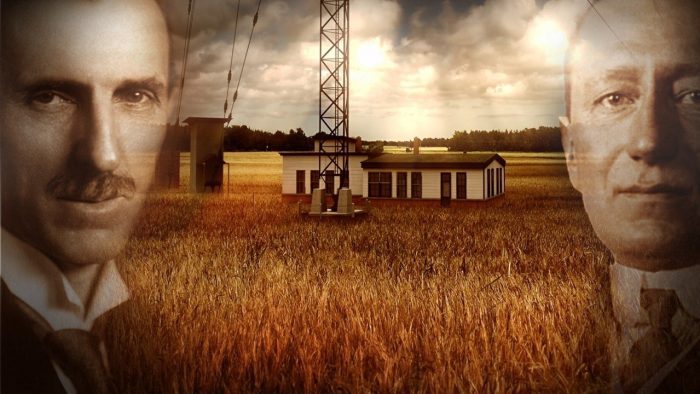





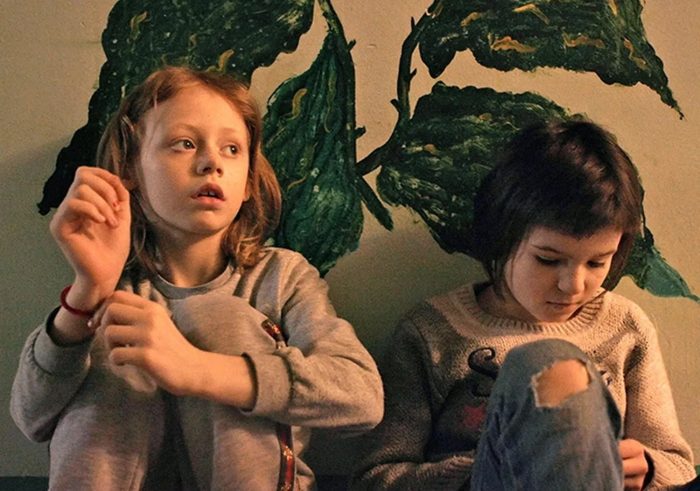

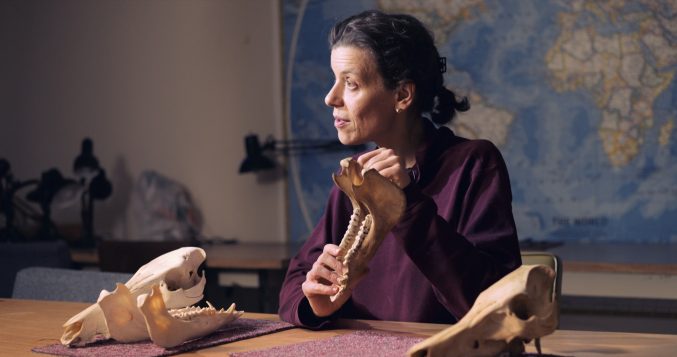




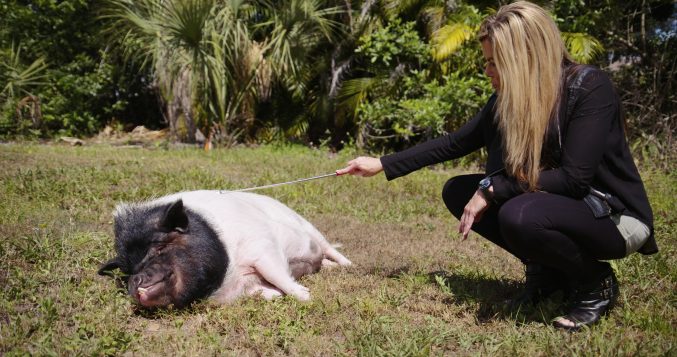



 Distributed by the National Educational Television Association, Magnificent Beast premieres locally at 10 p.m. Thursday, March 31 on WLIW Channel 21. The documentary will air on PBS stations nationwide (check local listings) and stream on www.PBS.org. For more information, visit www.magnificentbeastmovie.com.
Distributed by the National Educational Television Association, Magnificent Beast premieres locally at 10 p.m. Thursday, March 31 on WLIW Channel 21. The documentary will air on PBS stations nationwide (check local listings) and stream on www.PBS.org. For more information, visit www.magnificentbeastmovie.com.

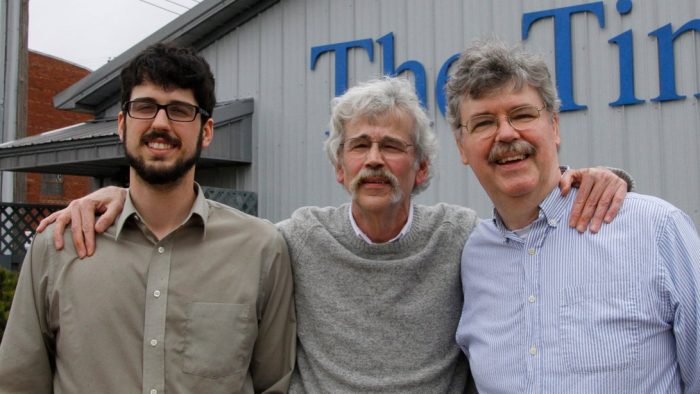
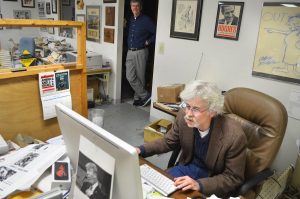
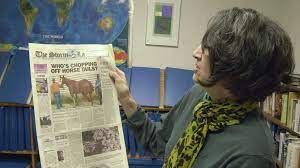

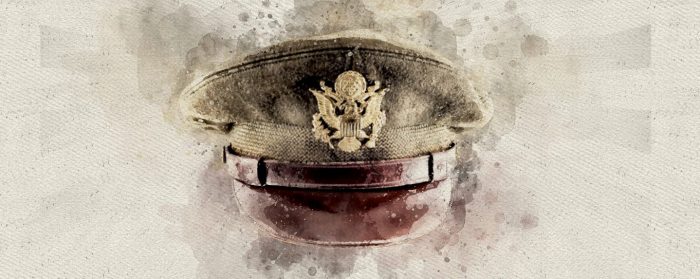
 Tickets are free and members of the public are encouraged to attend the premiere to show support and gratitude for the Men and Women within our community who served in protection of our Nation’s freedoms. Residents are encouraged to bring non-perishable items for donation, which will be delivered to the United Veterans Beacon House Pantry.
Tickets are free and members of the public are encouraged to attend the premiere to show support and gratitude for the Men and Women within our community who served in protection of our Nation’s freedoms. Residents are encouraged to bring non-perishable items for donation, which will be delivered to the United Veterans Beacon House Pantry.


